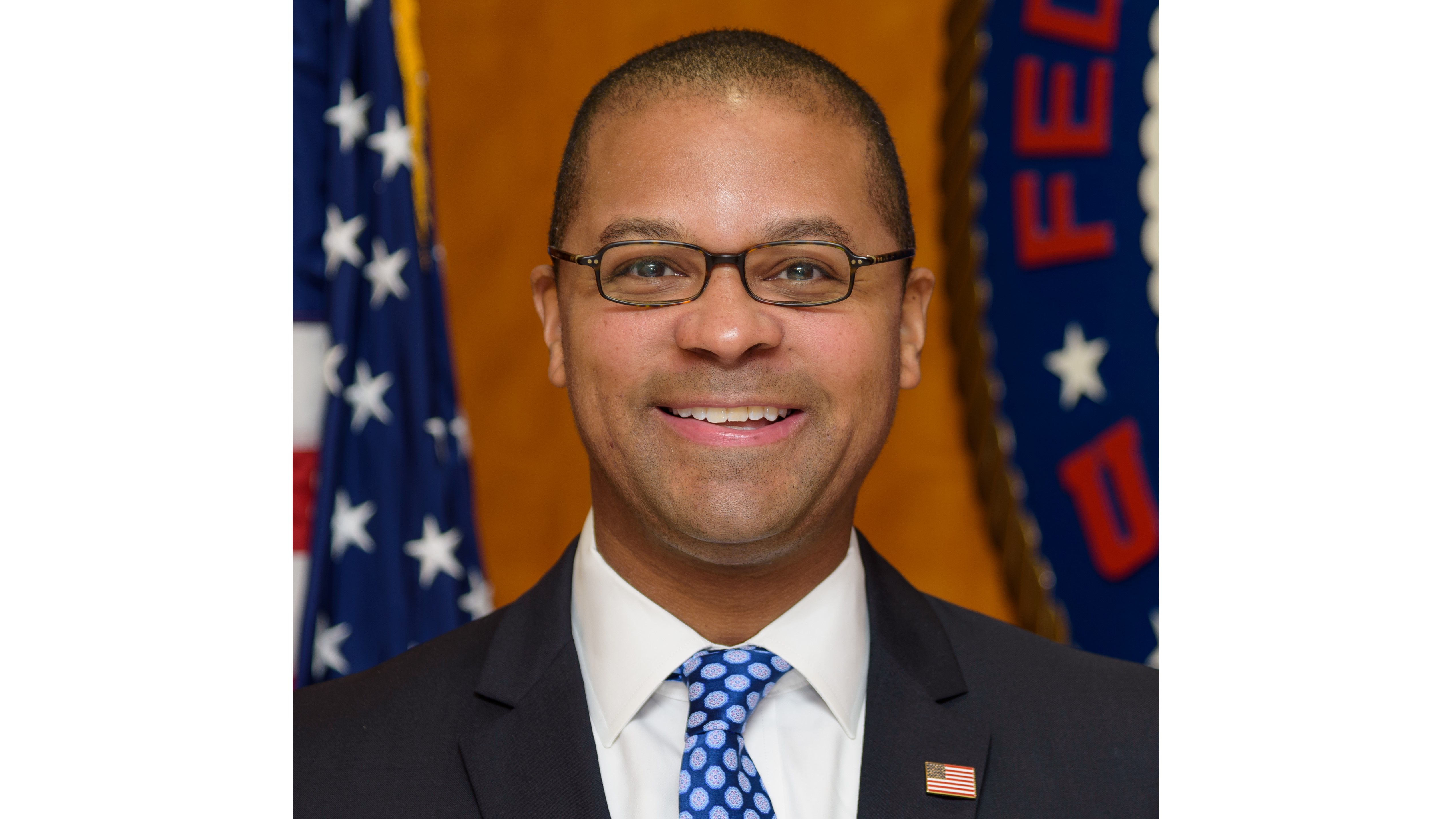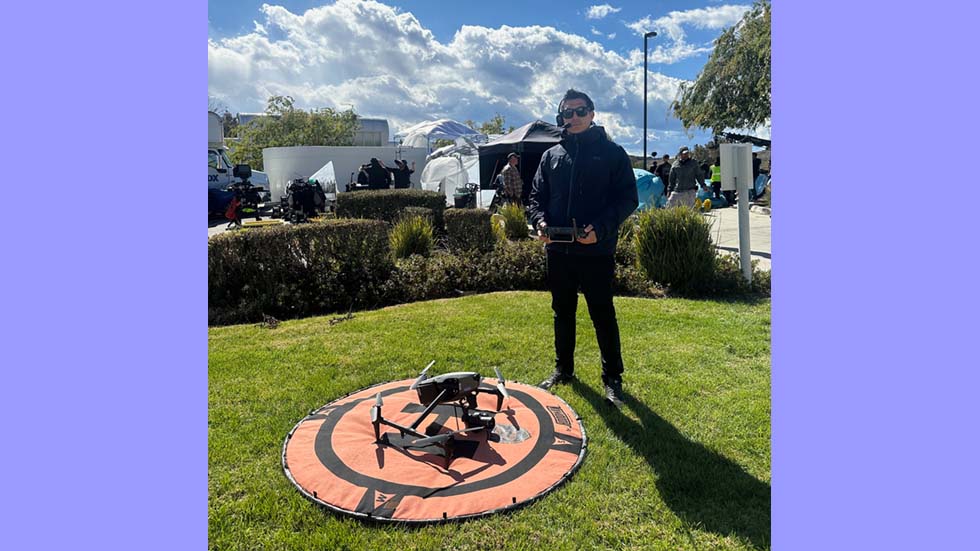FCC Commissioner Starks: The Future of Broadcasting Is NextGen TV
NextGen TV will make broadcasting more like the internet but privacy protections need to be taken seriously, Geoffrey Starks said

PHILADELPHIA—The future of broadcast television can be found in the ongoing deployment of NextGen TV, aka ATSC 3.0, broadcasts, explained FCC Commissioner Geoffrey Starks in a speech this week at the University Of Pennsylvania Carey Law School Center For Technology, Innovation & Competition.
During the address, Starks discussed a number of the innovative features of NextGen TV, which he argued will allow “one of our oldest forms of media” broadcast television “to continue to play an exciting role in our dynamic media ecosystems.”
That’s because NextGen TV will bring a host of new innovative services to the public that range from higher quality 4K video and audio to hyper-local services, datacasting and better emergency alerts, Starks said.
“Having the TV broadcast industry use the same language as the internet [with an IP based broadcast standard] means that the public airwaves can be another form of distribution for the content that you find on the internet, or on streaming media, in addition to what we think of as traditional broadcast content,” he said. “I’m excited about the potential benefits of this. More free content, over-the-air—the opportunity for a greater diversity of programming that represents broadcasters’ communities, with the high video and audio quality you’re accustomed to with streaming, but for free, for everyone; and the possibility of hyper-local content, which could be used to enhance emergency alerting capability.”
Given the potential advantages of a quick rollout of NextGen TV services, Starks also wondered if the FCC could play a larger role in helping the technology become more widely adopted.
“[I]s there perhaps an effort for the FCC to lead here, as we did in developing a Congressionally mandated digital transition equipment subsidy program, or using our role as the regulator of television equipment?” Starks asked. “Let’s get creative. I want to hear the industry’s ideas here.”
But Starks also stressed that NextGen TV, which is an IP-based system, will make broadcasting more like the Internet, which in turn raises some important privacy issues given the new capabilities it will offer broadcasters to collect consumer data for targeted advertising and content delivery.
Get the TV Tech Newsletter
The professional video industry's #1 source for news, trends and product and tech information. Sign up below.
“I support this technology,” Starks said. “It has key advancements, and I want to see American consumers benefiting from them in the near term. But like many promising innovations, we must also set proper guardrails.”
To do that, Starks noted that the FCC will need to understand what data broadcasters will be able to collect from users, how they will use that data and how it will be stored and shared.
Starks also noted that the FCC would need to know how broadcasters are thinking about those issues and how targeted advertising would fit in with existing legislation regulating ads on children’s TV and prohibitions against discrimination.
“These are big questions, and they may not have answers yet,” Starks said. “But this is what’s great about innovation, and where we are now in the development of the media and advertising ecosystem. We know to ask these questions, and we can make sure that the answers are developed with the public interest in mind. I look forward to the dialogue.”
George Winslow is the senior content producer for TV Tech. He has written about the television, media and technology industries for nearly 30 years for such publications as Broadcasting & Cable, Multichannel News and TV Tech. Over the years, he has edited a number of magazines, including Multichannel News International and World Screen, and moderated panels at such major industry events as NAB and MIP TV. He has published two books and dozens of encyclopedia articles on such subjects as the media, New York City history and economics.

